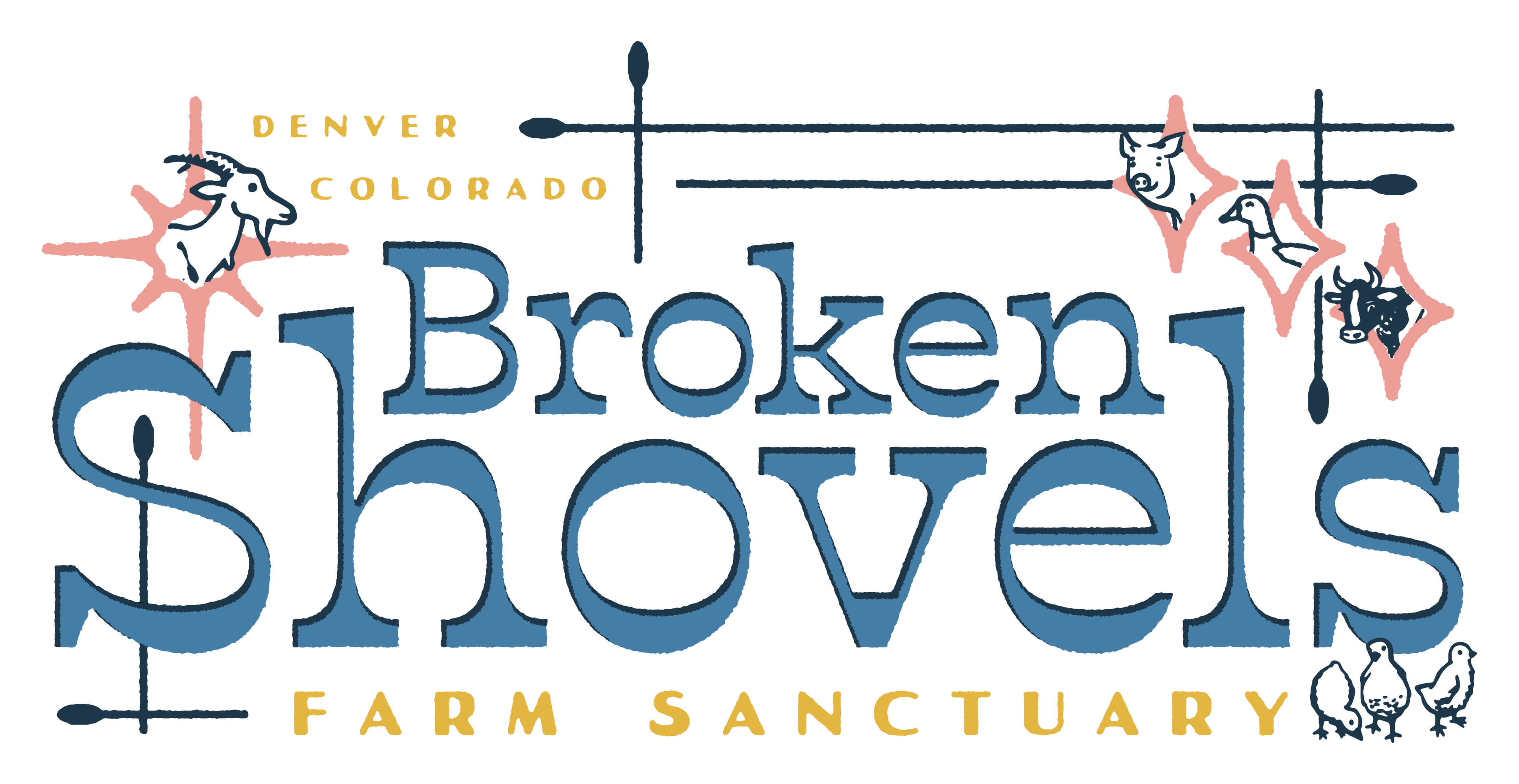“I said the longest, saddest goodbye imaginable to my gorgeous, kind, giant boy yesterday. After ten days of trying our best with heart meds and an intensive care regimen, he was still unable to see or walk and it was clear we couldn’t bind him to this painful body any longer.
Quetzalcoatl was only here a year, and when he arrived already weighing 62 pounds, an obscene weight that would certainly crush his joints and overtax his heart, I knew our time was likely not long. But that doomed understanding could not help me will myself to love him less than I did, with my whole heart.
We worked on healthy weight loss and got him down to 50 pounds, but it was too little too late. His engineered genes got the best of him, being a victim of decades of selective breeding that makes these gentle birds grow to slaughter weight as 16 week old babies.
In this short year of life, Quetzal was adored by thousands of people. He learned his name and his nicknames as well as any dog or cat, and loved to respond when he heard it. He met the First Gentleman of Colorado. His videos brought turkeys close to home for millions. He got to try every delicious fruit and vegetable. He had best friends, both human and fowl.
As we sat peacefully waiting in our vet’s office, as much as I tried to be brave, my whole body wracked with sobs. A sedative helped him relax, while anesthesia was administered to bring him into a deep sleep before an injection that would let his soul leave his body, all while hearing the familiar voice of a friend saying “I love you.”
His life, and death, were a shockingly stark contrast to that of his turkey kin, most of whom never felt the wind in their feathers, grass beneath their feet, tasted watermelon, heard someone say “I love you” or even their own adult turkey voices. Their deaths are mechanical and violent terrors.
My final hope as I drove home from the crematorium, is that maybe someone out there, seeing Quetzal through my eyes, feeling through my heart and my grief, will chose to keep these sensitive, intelligent, peaceable animals off their table indefinitely, and help me pay tribute to my fallen friend, who meant the world to me but was really no different than any other turkey. He was one in a million, or more accurately, one in 216 million, which is the number of Quetzals who are born to be eaten in the US each year.
He was not a number, though. He was my friend. I know why people brought him into this world, but I also know it wouldn’t have been as shiny and beautiful if it lacked the warmth and sweetness this turkey shared in his lifetime.” –Andrea Davis, Sanctuary Director


